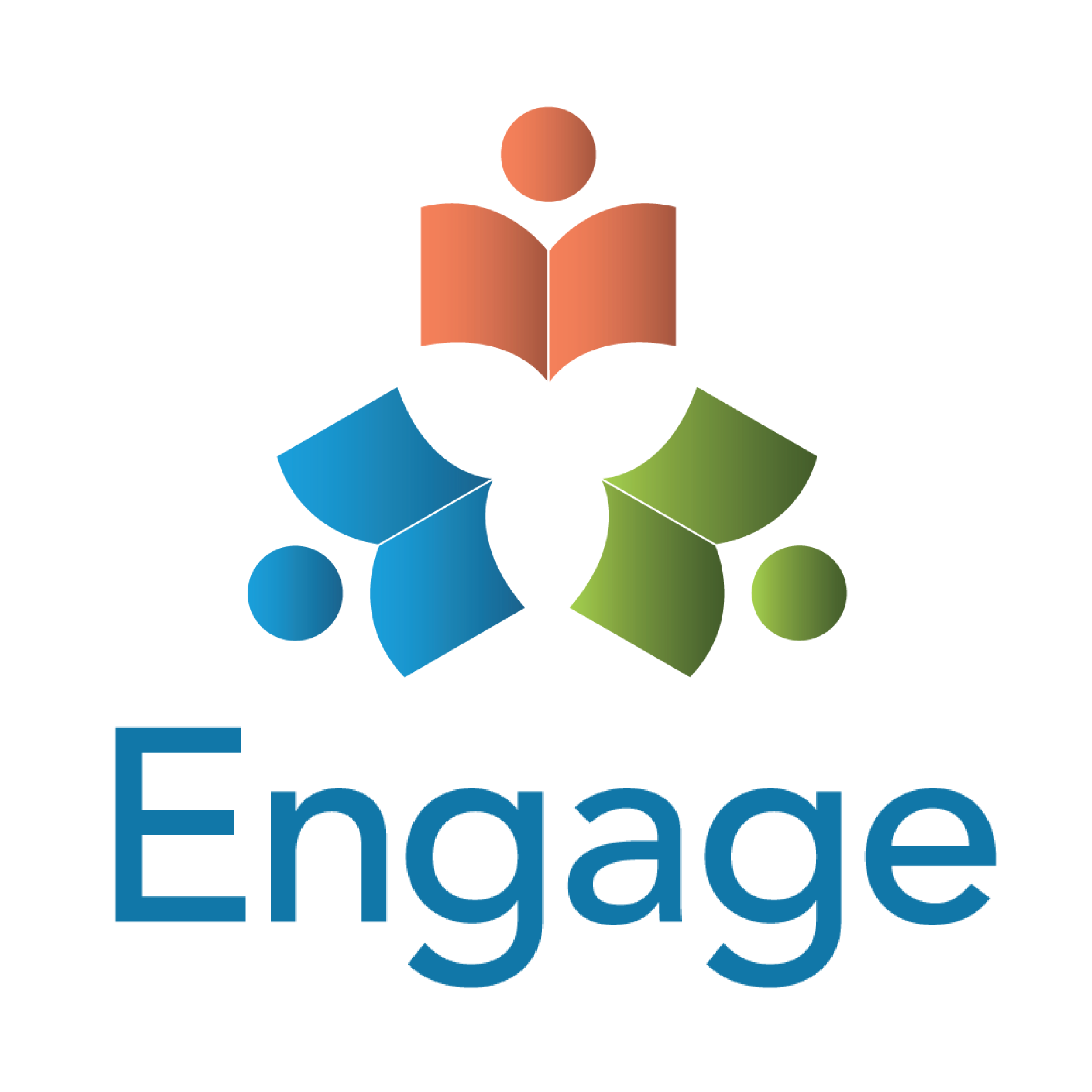WHY STORYTELLING AND LITERACY?
The joy of storytelling is age-old. It crosses boundaries, cultures, languages and time.
In Mali the griots, or storytellers, are revered as their storytelling is passed on from one generation to the next. They play a significant role in society as historians and musicians, telling tales at weddings, celebrations, events. In India, religious tales are based on elaborate stories rich with content, characters and plot. In the U.S., it is a tradition to read a bedtime story to a child at night-time, before a child goes to sleep. This American tradition also connects a child to the parent or adult reading the story.
Storytelling can be as simple as reading a story from a book. Storytelling also means sharing a story from memory, from your childhood, inventing a story, or using real life facts to create a new story.
For Global Sleepover, storytelling is an experience. We carry on the storytelling tradition with memorable, rich, vivid and colorful stories that we share with our little readers.
We want to replicate this experience and way of relating to the world for our readers!
Stories and activities are built for the iPad with interactive and multi-media features as well as for hardcopy. Each story focuses on world cultures and global issues with social, environmental or global significance. All lesson plans and modules meet Common Core State Standards and International Baccalaureate Primary Years Programme (PYP) Standards.
While reading the stories, children pick up important 21st century skills necessary to communicate cross culturally and comprehend complex issues of international concern. At the same time, our interactive and multi-media design for the stories on the iPad help a child learn how to read or improve existing reading skills.
Storytelling Helps Children:
Better understand their community and culture
Build understanding and empathy
Build empathy by increasing awareness in participants of the common ground between their community and members of a neighboring community;
Understand inclusion
Sparks creativity and imagination
Enhances Verbal and Reading literacy
Improves listening skills
Broadens Horizon:
Offers foundational skills that translates to other academic learning
Improves communication
Sense of belonging, empowerment and teamwork
Understand the basic tenets of visual presentation and creative writing skills which participants can use in school and career;
Understand place and time
Trigger empathy and creative thinking by encouraging participants to think about the basic tenets of storytelling such as character development, conflict, resolution and setting.
Develop functional and re-usable technology app making, app development and basic programming logic skills that can be used in the future in school and career.
Empower, inspire and gain confidence
How To Tell a Good Story
Storytelling is important for the storyteller and the listener. n the creation of content, storytelling is a valuable and necessary skill. For those who consume content, a good story makes consuming the content that much easier.
A recent Harvard Business Review article discussed the issue of storytelling and its importance, concluding that during this time of information saturation, telling a good story is essential to being heard and getting your message out. The article concluded that no matter what aspect of business you are involved in, storytelling is an essential skill.
We tell stories to our coworkers and peers all the time — to persuade someone to support our project, to explain to an employee how he might improve, or to inspire a team that is facing challenges. It’s an essential skill, but what makes a compelling story in a business context? And how can you improve your ability to tell stories that persuade?
How to tella great story by HBR- https://hbr.org/2014/07/how-to-tell-a-great-story
